There has been talk recently about re-introducing the overnight ferry service between Wellington and Lyttelton. The current inter-island ferry service connects the South Island at Picton. Sailing much further south to Lyttelton saves a road trip of 337km, (210 miles), a drive time of four and a half hours. With the cost of petrol rising, an overnight voyage to Christchurch is starting to be of interest again to North Islanders wanting to visit the southern lake resorts of Queenstown and Wanaka as well as the Mt. Cook region for all the attractions these tourist hotspots offer.
THE MAORI
In 1953, the Union Steam Ship Co’s T.E.V Maori replaced the popular Rangatira which had connected the two islands of New Zealand since 1931. The Maori (the third ferry with this name) made approximately 6,000 crossings of the Cook Strait and steamed 1,082,134 nautical miles carrying 1,239,772 passengers until it was removed from service in 1974.
MY TRIP ON THE MAORI
One of my earliest memories of a family holiday involved travelling on the ‘Lyttelton Ferry’. My parents packed my sister and me into the car for the epic drive from Dunedin to Auckland to visit our aunty. There was a great deal of excitement when dad drove out of the Lyttleton tunnel and we clapped our eyes on a gleaming red funnel with two black bands and a black cap. This was the popular Maori, that we so looked forward to sailing on.
Arriving at the wharf was a bit scary because of all the activity taking place. Dad was directed to a queue of cars beside the ship. It was a year before it was converted to a roll on/roll off vessel so each car was hoisted into the ship’s hold by a crane. We all held our breath as we watched our lovely black Citreon being driven by a wharfie onto the platform that carried each car aloft. There were no safety barriers around the platform. We watched with some trepidation as the car swung in the air when the crane repositioned it for the drop into the ship’s hold. If the brakes failed the car would easily slip off the small platform and crash onto the deck of the ship which had happened in the past during this primitive operation. This hair-razing activity was repeated up to 80 times before and after each sailing.
ONBOARD THE FERRY
We were no sooner shown our cabin (one of 395 onboard) for the overnight voyage, when we heard the ship was about to sail. Racing to the boat deck, we watched excitedly as dock workers released the ropes holding the ship in place. A few ear-shattering blasts on the funnel’s horn before we noticed the wharf seem to move away from us. Moments later the ship turned to face the harbour exit. Someone suggested we head to the ship’s restaurant without delay as it would soon fill up and there could be a long wait for a table. The dining saloon, as it was called, was warm and inviting and surprisingly comfortable for an overnight ferry. The walls and pillars were covered in shiny wooden veneer. From memory, the menu was pretty basic, cafeteria food really, but there were no complaints as Kiwis were less exposed to the wide variety of food available today.
It was a sleepless night for us not because the beds were uncomfortable but because the ship rolled most of the night. The cabin walls creaked and various fittings rattled a little from the vibration from the ship’s engines. However, when the ship sailed into a calm Wellington harbour, all was forgotten as we watched the ship dock. We waited at a carpark at the end of the wharf for what seemed an eternity for our car to be delivered to us. (A few years later, we did the trip again but by then the Maori had become a roll on/ roll off vessel so the loading and unloading process was fast and efficient.)
The ferry service between Wellington and Lyttleton ended in 1976 after the departure of the stylish Rangatira on the last crossing between Wellington and Christchurch. The service had been operating for 80 years. At the time, cheap airfares were blamed for the demise of this inter-island operation. If it is resurrected, a fast ship will be needed with ample cargo space to take the heavy trucks that currently slow down traffic flows on the road between Picton and Christchurch.
Ceidrik Heward
Ceidrik Heward is an Amazon TOP SELLING AUTHOR and has lived and worked in 7 countries working as a TV cameraman, director and film tutor. For the past 17 years he has focused on writing and has been published in magazines and newspapers in Europe, USA, Asia and the Middle East.
His interests include photography, psychology and metaphysics. He loves to read and always has at least 3 books on the go. He has written 22 manuals/books and has just completed his 4th short novel. Ceidrik believes sharing information and stories is the best way to stimulate the imagination and enrich our lives.
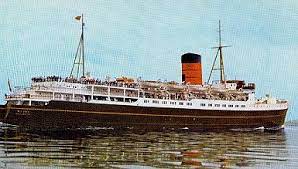
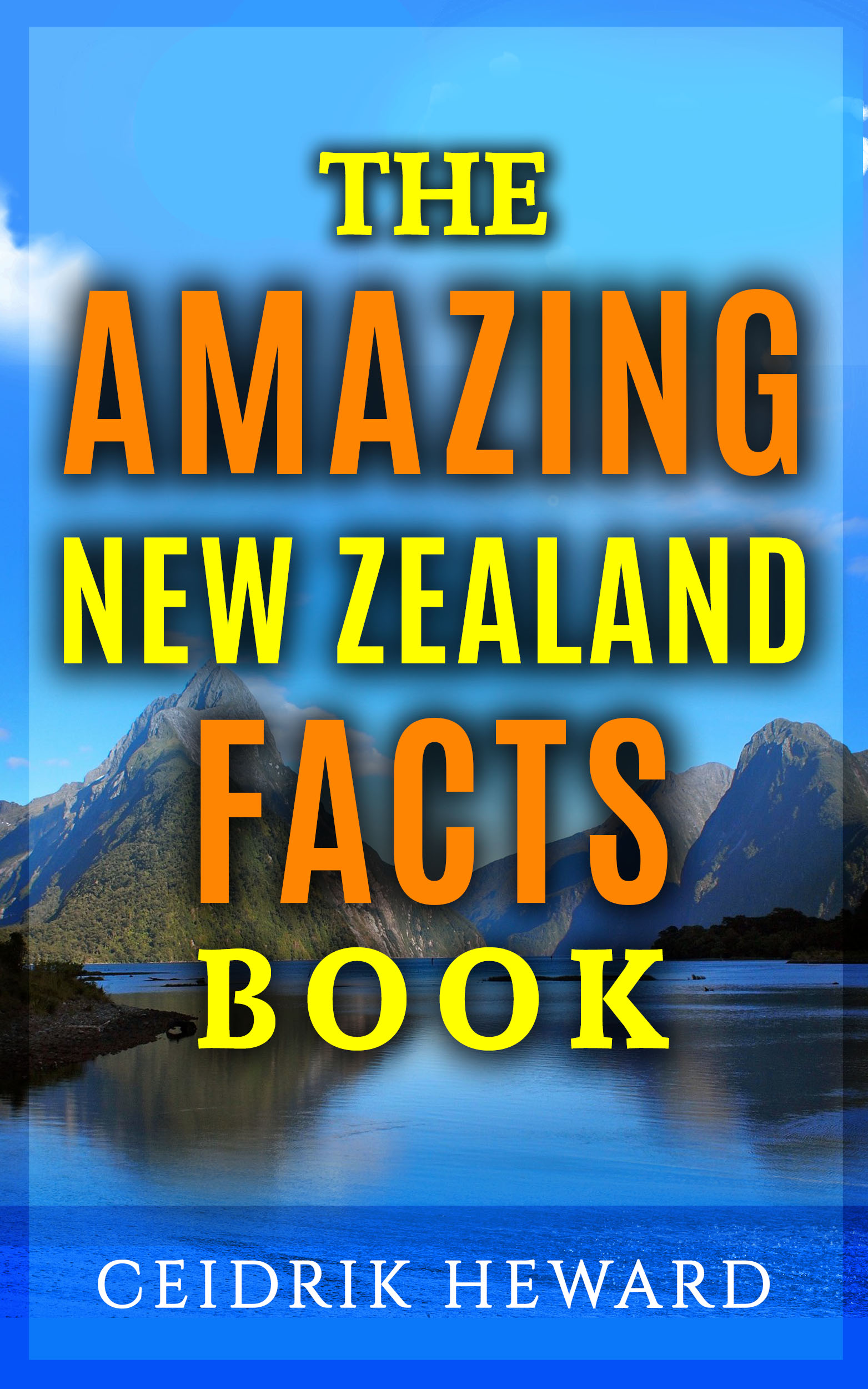
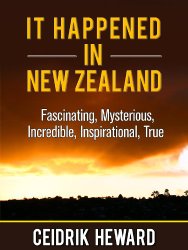

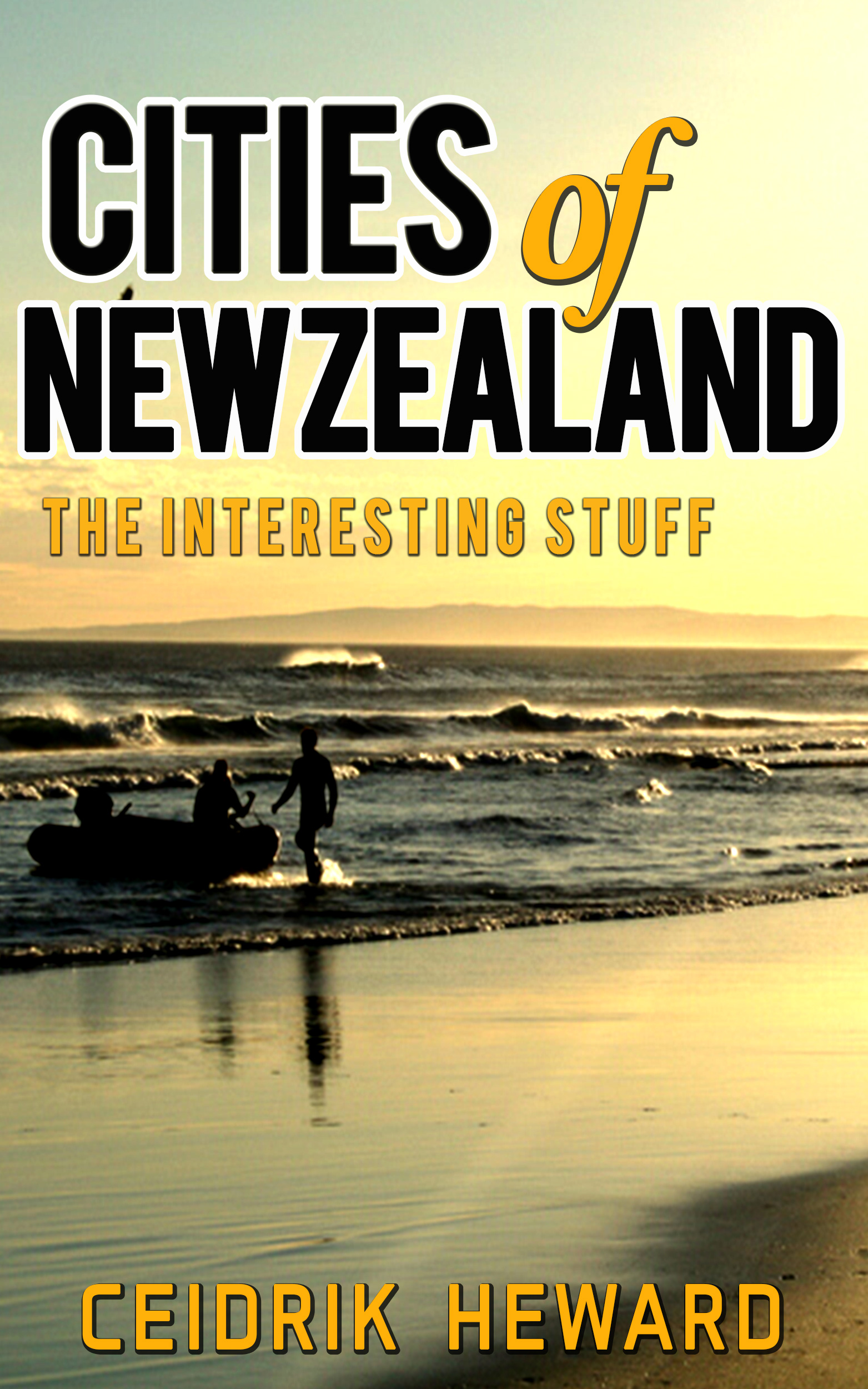

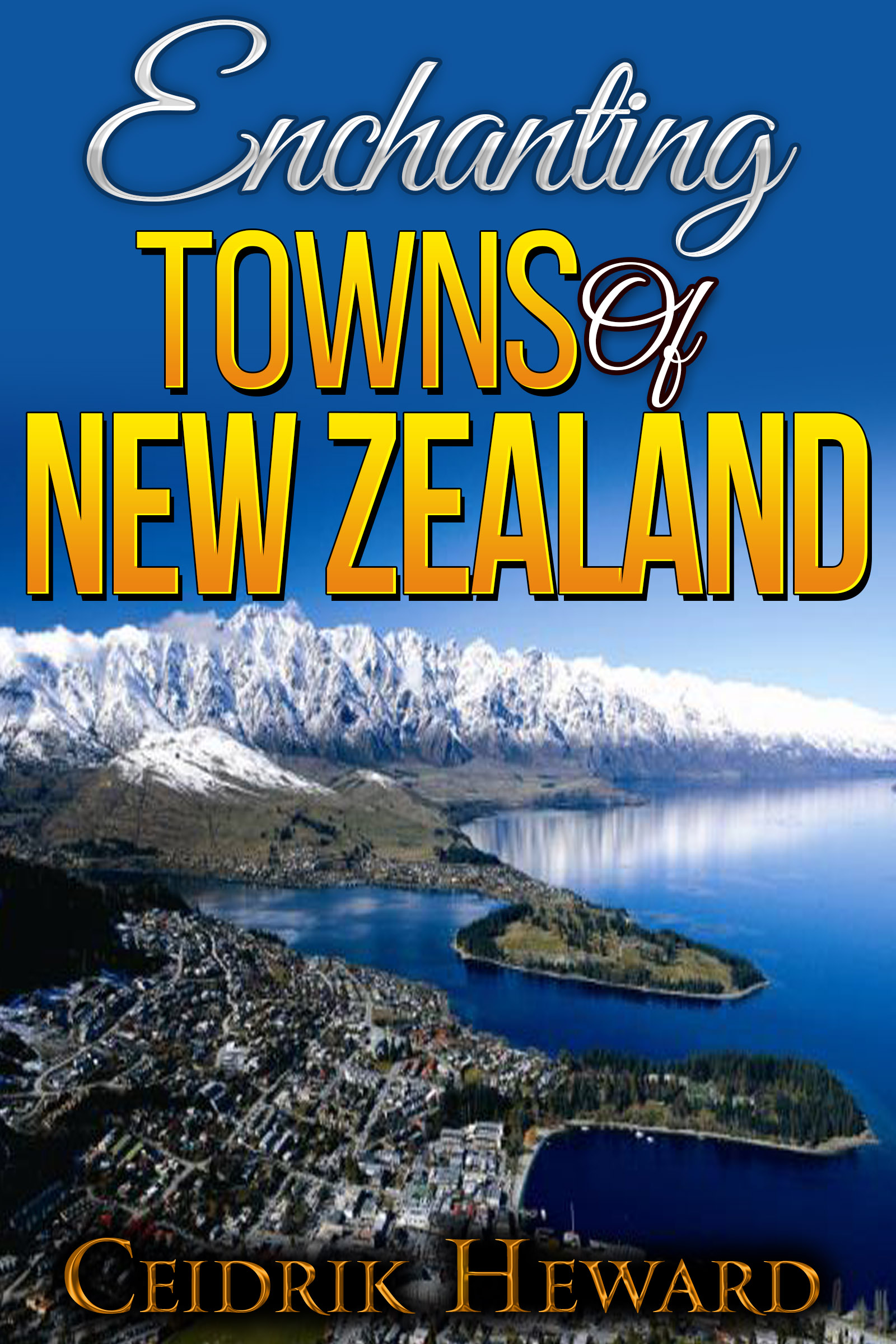
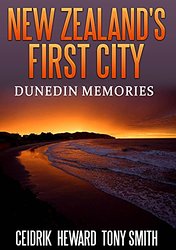

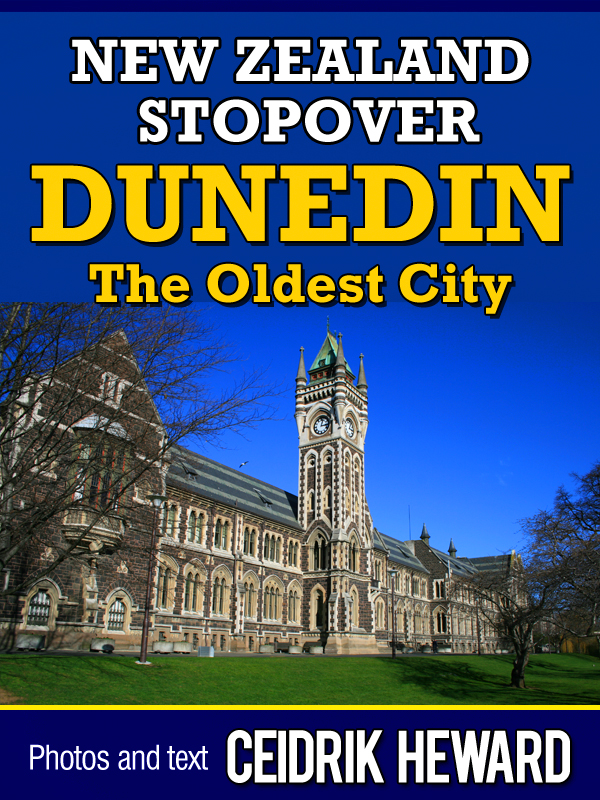










 Visit Today : 143
Visit Today : 143 Total Visit : 1133320
Total Visit : 1133320
Speak Your Mind